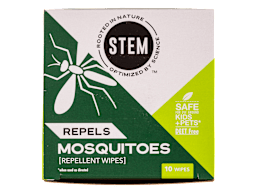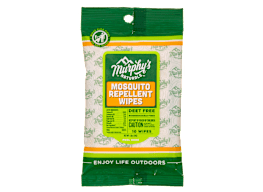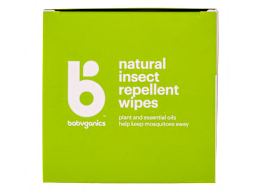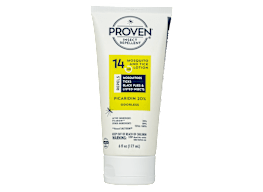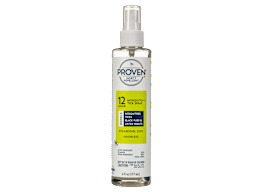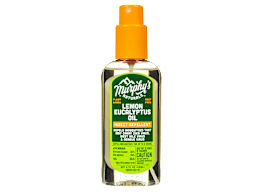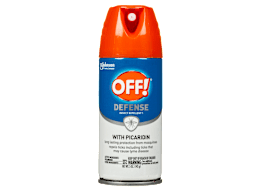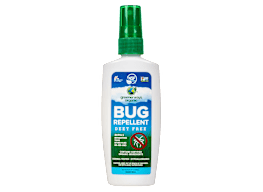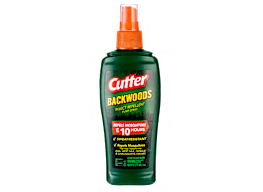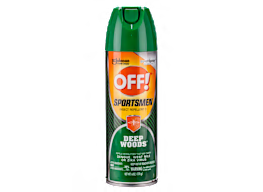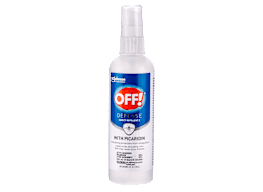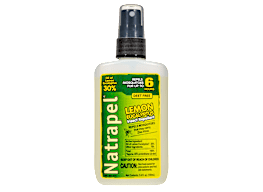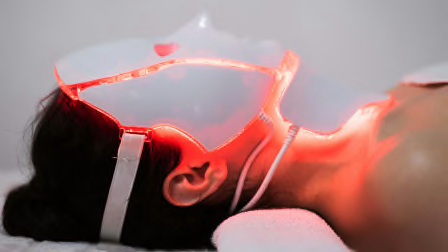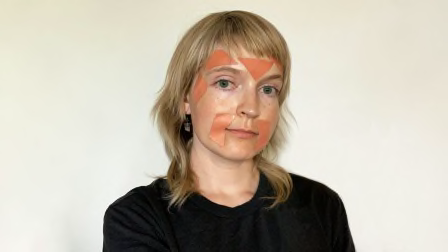How to Keep Mosquitoes and Ticks Away
Simple strategies to keep these biters at bay, plus what to do about stinging insects
When you shop through retailer links on our site, we may earn affiliate commissions. 100% of the fees we collect are used to support our nonprofit mission. Learn more.
Ideally, you’re already in the habit of using bug spray when lounging on your porch during warm evenings or hiking in the woods. After all, mosquitoes and ticks sicken thousands of people in the U.S. every year with a variety of diseases, including Lyme, West Nile, Rocky Mountain spotted fever, babesiosis, ehrlichiosis, and more.
While using insect repellent is important, doing so should just be one part of your strategy for avoiding bites from mosquitoes and ticks.
“The most important thing is to avoid getting bitten in the first place,” says Rebecca Eisen, PhD, a research biologist with the Centers for Disease Control and Prevention’s National Center for Emerging and Zoonotic Infectious Diseases. “Fortunately, there are really simple things you can do to protect yourself and your family.”
- Keep Them Off Your: Deck & Yard Clothes
- What About Stinging Insects?
Your Deck and Yard
Mosquitoes: According to the CDC, an important strategy for keeping mosquitoes out of your yard is to eliminate their preferred breeding ground: standing water. Keep your gutters clean and birdbaths, old tires, wheelbarrows, and swimming pool covers free of standing water. Clear away ivy and decaying leaves, too.
Your Clothes
Mosquitoes: Wear long sleeves, long pants, socks, and closed-toe shoes, especially when you’re out for long stretches of time. Avoid tight clothes (mosquitoes can bite through them), dark colors, and perfume or aftershave (both attract mosquitoes). Apply a good repellent to exposed skin and your clothes (but never under them). Here are a few of our top-rated insect repellents:
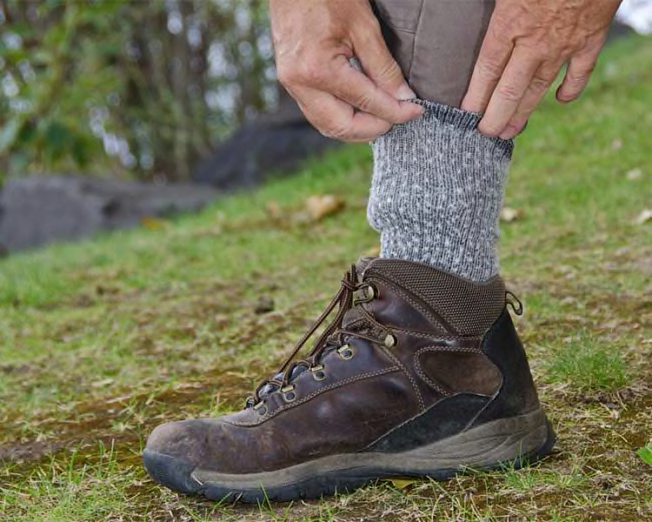
Photo: iStock Photo: iStock
Ticks: When walking through wooded or grassy areas in the summer, wear the same clothes that ward off mosquitoes. Light-colored clothes make the bugs easier to spot if they’re crawling on you. Tuck your shirt into your pants and your pants into your socks. Apply insect repellent to your clothes and exposed skin.
Showering soon after being outside in an area with ticks is associated with a reduced risk of acquiring a tick-borne disease, as is doing a tick check. So jump in the shower after you hike or get done with yardwork, and take the opportunity to inspect your skin for bites. Use tweezers to gently remove any attached ticks. For extra protection, toss your clothes into a clothes dryer on high heat to kill ticks that might be crawling around.
Another useful strategy for keeping ticks away is wearing clothing treated with the insecticide permethrin or treating your own clothes with permethrin spray. Studies have found that outdoor workers who wore permethrin-treated clothing had significantly fewer tick bites compared with those who didn’t use treated clothes. If you wear permethrin-treated clothes, you don’t need to also spray them with a traditional bug spray—though you should still apply insect repellent to exposed skin not covered by treated clothing.
What About Stinging Insects?
“For the most part, bees and wasps will leave you alone if you leave them alone,” says Stanton Cope, PhD, a former Navy entomologist and former AMCA president.
Nests in your yard should be removed only if they’re in high-traffic areas, Cope says. If you can, wait until the fall or winter when the nests are abandoned. If you need to remove them sooner, do it early in the spring, and early or late in the day when the insects are less active. Insecticide powders or sprays might be necessary, but follow directions and keep pets and children away. Always wear head-to-toe protective clothing, and never remove nests if it requires standing on a ladder; call a professional instead.
The insects are drawn to strong scents. So to make yourself less attractive to bees and wasps, avoid using perfumed soaps, shampoos, and deodorants if you have lots of insects in your yard or you’re headed to a picnic. And because sweat can agitate bees, consider washing up before heading out.

















